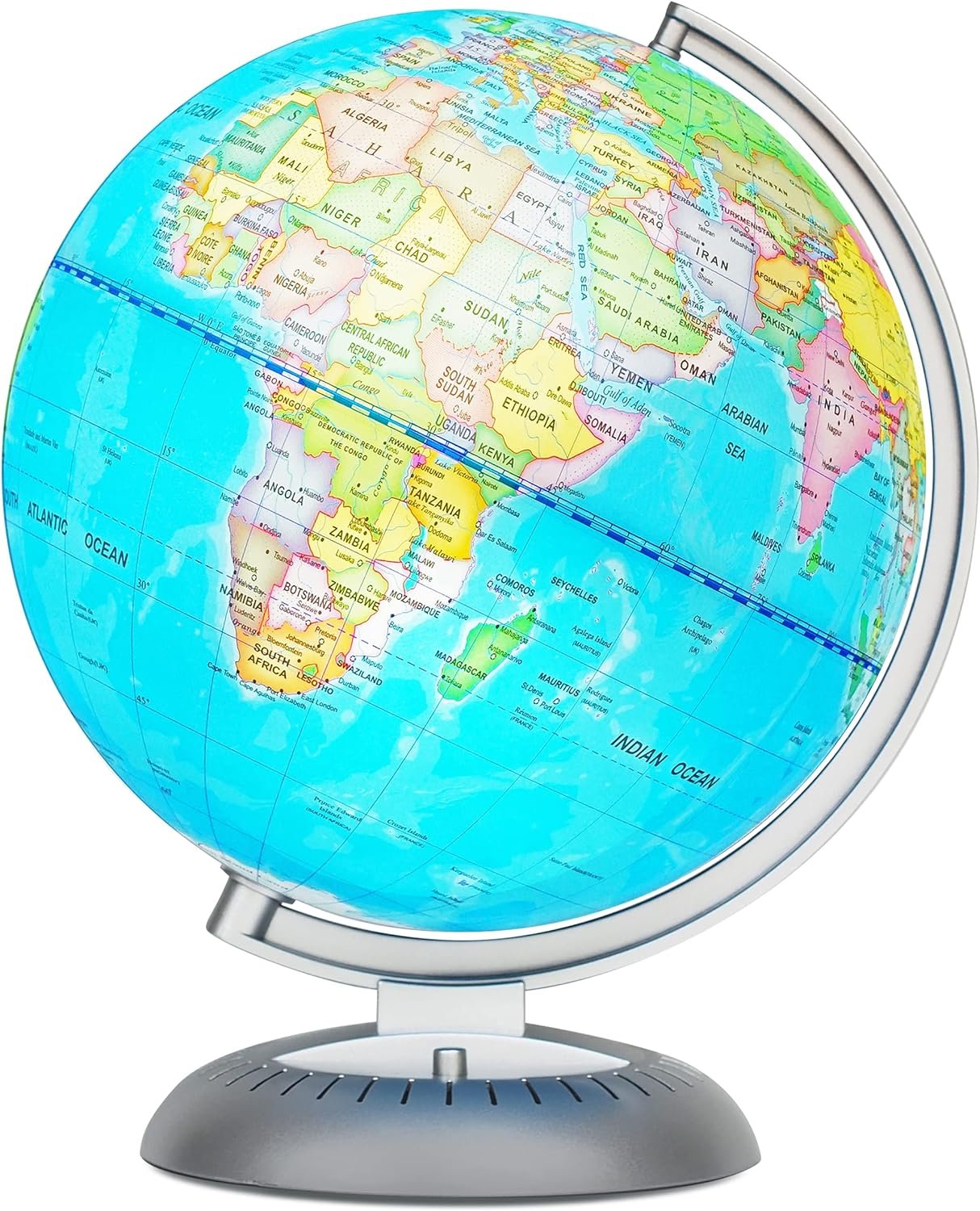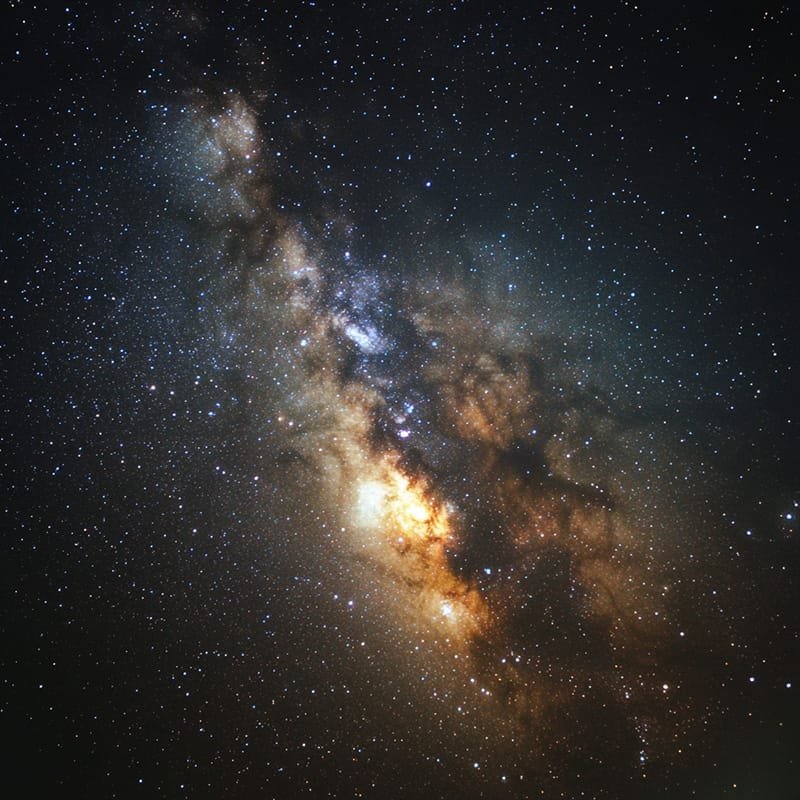The concept of infinity in space has fascinated humans for centuries. The idea that the universe is infinite in size and scope has captured the imaginations of scientists, philosophers, and ordinary people alike. From ancient civilizations to modern astronomers, the question of how big the universe is and whether it has an edge has been a topic of great interest and speculation.
Theories about the size of the universe
Throughout history, there have been various theories about the size of the universe. In ancient times, the prevailing belief was that the Earth was at the center of the universe, with everything else revolving around it. This geocentric model was held by many cultures, including the ancient Greeks and Egyptians.
However, in the 16th century, Nicolaus Copernicus proposed a heliocentric model, which placed the Sun at the center of the universe. This revolutionary idea challenged the prevailing beliefs of the time and laid the foundation for our modern understanding of the universe.
The expanding universe and its implications
In the early 20th century, Edwin Hubble made a groundbreaking discovery that changed our understanding of the universe’s size and age. He observed that galaxies were moving away from each other, indicating that the universe was expanding. This discovery led to the development of the Big Bang theory, which suggests that the universe began as a singularity and has been expanding ever since.
The implications of an expanding universe are profound. It means that the universe is not static or unchanging but is constantly evolving and growing. It also implies that there was a beginning to the universe, a moment when everything we know came into existence.
The concept of a multiverse
The concept of a multiverse is another fascinating idea related to the size of the universe. The multiverse theory suggests that our universe is just one of many universes that exist parallel to each other. Each universe may have different physical laws and constants, leading to a vast array of possibilities.
There are different types of multiverse theories, including the many-worlds interpretation. This theory proposes that every possible outcome of a quantum event actually occurs in a separate universe. For example, if you flip a coin and it lands on heads in one universe, it will land on tails in another universe.
The role of dark matter and dark energy in the universe
Dark matter and dark energy are two mysterious components that make up the majority of the universe. Dark matter is believed to be a form of matter that does not interact with light or other electromagnetic radiation, making it invisible to our telescopes. Dark energy, on the other hand, is a hypothetical form of energy that is thought to be responsible for the accelerated expansion of the universe.
These two components play a crucial role in the size and structure of the universe. Dark matter provides the gravitational pull necessary to hold galaxies together, while dark energy drives the expansion of the universe. Without these two components, the universe as we know it would not exist.
The search for the edge of the universe

One of the most intriguing questions in cosmology is whether the universe has an edge or boundary. Scientists have been searching for the edge of the universe for decades, but so far, they have not found any conclusive evidence.
The challenge lies in the fact that we can only observe a limited portion of the universe due to the finite speed of light. The observable universe is defined as the region from which light has had enough time to reach us since the Big Bang. Beyond this region, there may be more universe that we cannot see.
The possibility of a closed universe
The concept of a closed universe suggests that the universe is finite but has no boundary or edge. In a closed universe, if you were to travel in one direction for long enough, you would eventually end up back where you started.
There is evidence both for and against a closed universe. On one hand, the cosmic microwave background radiation, which is the afterglow of the Big Bang, appears to be uniform in all directions, suggesting a closed universe. On the other hand, recent observations of the universe’s expansion rate indicate that it may be open or flat.
The implications of an infinite universe
If the universe is indeed infinite in size, it has profound implications for our understanding of life and existence. In an infinite universe, there would be an infinite number of galaxies, stars, and planets, which means there could be an infinite number of habitable worlds and potentially infinite forms of life.
Furthermore, the idea of an infinite universe raises the possibility that our own universe could be a simulation. If there are an infinite number of universes, it is statistically likely that some advanced civilization has created a simulation of our universe. This idea has gained popularity in recent years and has sparked much debate among scientists and philosophers.
The philosophical implications of an infinite universe
The concept of an infinite universe also has profound philosophical implications. It raises questions about free will and the meaning of life. If the universe is infinite and everything that can happen does happen somewhere, then does that mean our choices are predetermined? Does it mean that life has no inherent meaning because everything that can happen will happen anyway?
These are complex questions that have been debated by philosophers for centuries. The concept of an infinite universe adds another layer of complexity to these debates and challenges our understanding of ourselves and our place in the cosmos.
The ongoing quest to understand the universe’s size and scope
In conclusion, the concept of infinity in space has fascinated humans for centuries. From ancient civilizations to modern astronomers, we have been searching for answers to questions about the size and scope of the universe. The discovery of the expanding universe and the development of the Big Bang theory have revolutionized our understanding of the universe’s size and age.
The concept of a multiverse, the role of dark matter and dark energy, and the ongoing search for the edge of the universe are all areas of active research and speculation. The possibility of a closed universe and the implications of an infinite universe raise profound questions about life, existence, and the nature of reality.
As our knowledge and technology continue to advance, we can expect that our understanding of the universe’s size and scope will continue to evolve. The quest to understand the mysteries of the cosmos is ongoing, and it is a journey that will likely captivate us for centuries to come.
If you’re fascinated by the mysteries of space and pondering whether it has an end or stretches on infinitely, you’ll definitely want to check out this thought-provoking article from The Universe Episodes. In their blog, they delve into the mind-boggling concept of the universe’s boundaries and explore various theories surrounding this enigma. Discover mind-expanding insights and engage in a captivating discussion by visiting https://theuniverseepisodes.com/blog/. While you’re there, don’t forget to explore their other intriguing articles on topics like disclosure and get in touch with them through their contact page at https://theuniverseepisodes.com/contact/.
FAQs
What is space?
Space is the vast, three-dimensional expanse that contains all matter and energy in the universe.
Does space have an end?
The current scientific understanding is that space does not have an end. It is believed to be infinite and expanding.
How do we know that space is infinite?
Scientists have observed the cosmic microwave background radiation, which is the afterglow of the Big Bang. This radiation is uniform in all directions, indicating that the universe is homogeneous and isotropic, or the same in all directions. This suggests that space is infinite.
What is the shape of space?
The shape of space is believed to be flat, meaning that parallel lines will never meet and the angles of a triangle add up to 180 degrees.
What is the universe expanding into?
The universe is not expanding into anything. It is expanding from a singularity, or a point of infinite density and temperature, that existed at the beginning of the universe.
Will the universe continue to expand forever?
The current scientific understanding is that the universe will continue to expand forever. However, the rate of expansion may change over time.
























